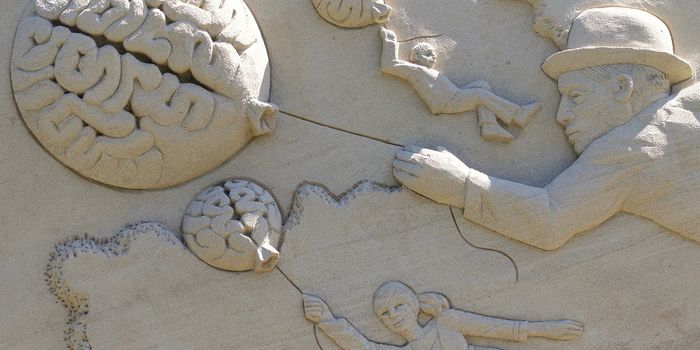Puberty and What it Does to the Brain
Many parents say, “They grow up so fast” when it comes to their children, but research is showing that it’s true, especially in girls who go through puberty early. This head start could be a problem in terms of learning and brain plasticity. Researchers at the University of California, Berkeley have published a study, using female mice, that shows once the puberty hormones start to flow, the focus of learning shifts. This change might even impact the ability to learn academic subjects because the hormonal shifts impact areas of the brain that process knowledge, memory, reading and mathematical calculation.
Study senior author Linda Wilbrecht, an associate professor of psychology and neuroscience at UC Berkeley explained, "We have found that the onset of puberty hits something like a 'switch' in the brain's frontal cortex that can reduce flexibility in some forms of learning. Puberty onset is occurring earlier and earlier in girls in modern urban settings -- driven by such factors as stress and the obesity epidemic -- and has been associated with worse outcomes in terms of school and mental health."
Wilbrecht and other researchers at UC Berkeley collaborated with colleagues at UC San Francisco to study brain activity in the frontal cortices of female mice. The mice were given hormones that induced pubertal changes. The team then looked at the frontal cortices of the mouse brains since this the area most associated with learning, behavior and attention to tasks. According to the authors of the study, it’s the first to show actual changes in neurotransmission related to puberty hormones.
It’s well-known that young children have more flexibility in how they learn. Neuroscientists call this “brain plasticity” and it’s why it’s easier for younger children to pick up a second language, learn to read and tackle other academic learning. Once the hormones kick in however, there is a shift in the kind of learning the brain is most focused on. For children beginning puberty, they start to look around at their social environment and use their brain power on managing relationships and fitting in with the trends of the peers like fashion and pop culture.
Of course academic learning doesn’t stop with puberty, but it’s just a bit harder for the pubescent brain to shift from thinking about social status and relationships to algebra and literature. Coupled with the trend of children entering puberty earlier, it could be a combination that impacts learning more complex subjects. Some children, especially girls, are beginning puberty as early as third grade. There are key skills the brain must still master at that point in their education, so the effect of early puberty on the brain’s flexibility is something educators will need to be aware of.
The study involved training two groups of mice to find a treat that was associated with a certain scent. Some mice had puberty induced by injection of estradiol and progesterone, while other mice had their ovaries removed to prevent puberty from occurring. The mice who were induced into puberty, had very different electrical patterns in the front part of the brain, where it’s believed plasticity is controlled. In addition, when the learned task of finding the treat was changed, and the mice had to use “higher-order learning strategies” like trial and error to find it, the mice who were given puberty hormones were not as quick to learn how to find the treat and adapt to the changes in the task. The study design showed that it wasn’t just age or experience that impacted learning, but hormonal changes that caused the brain’s plasticity to be altered. Wilbrecht compared the introduction of puberty hormones to a switch in the frontal cortex.
The study used only female mice, so more work is needed to see if the results occur in males as well. The research is published in the journal Current Biology. The video below talks more about the study and how puberty can have a definite effect on the brain, check it out.
Sources: UC Berkeley, Center on the Developing Adolescent, Current Biology









